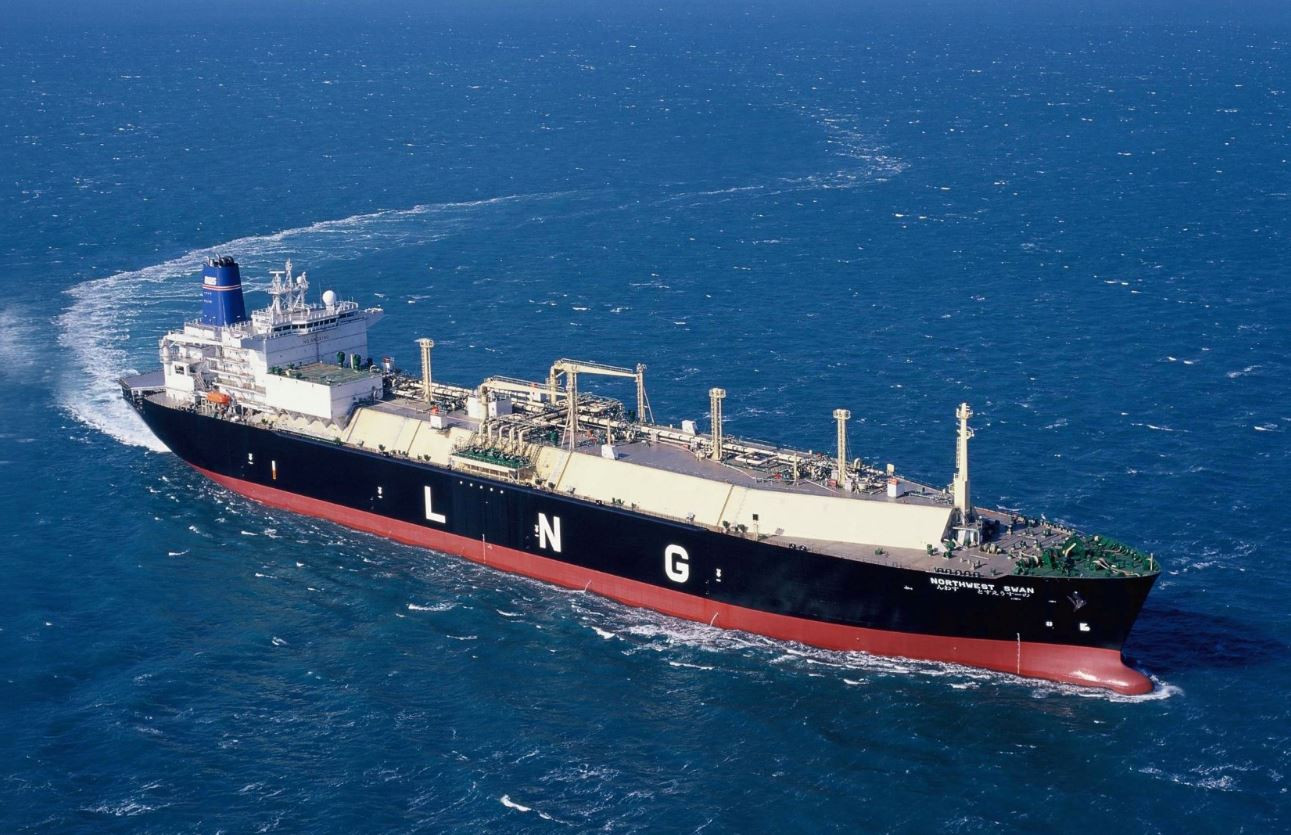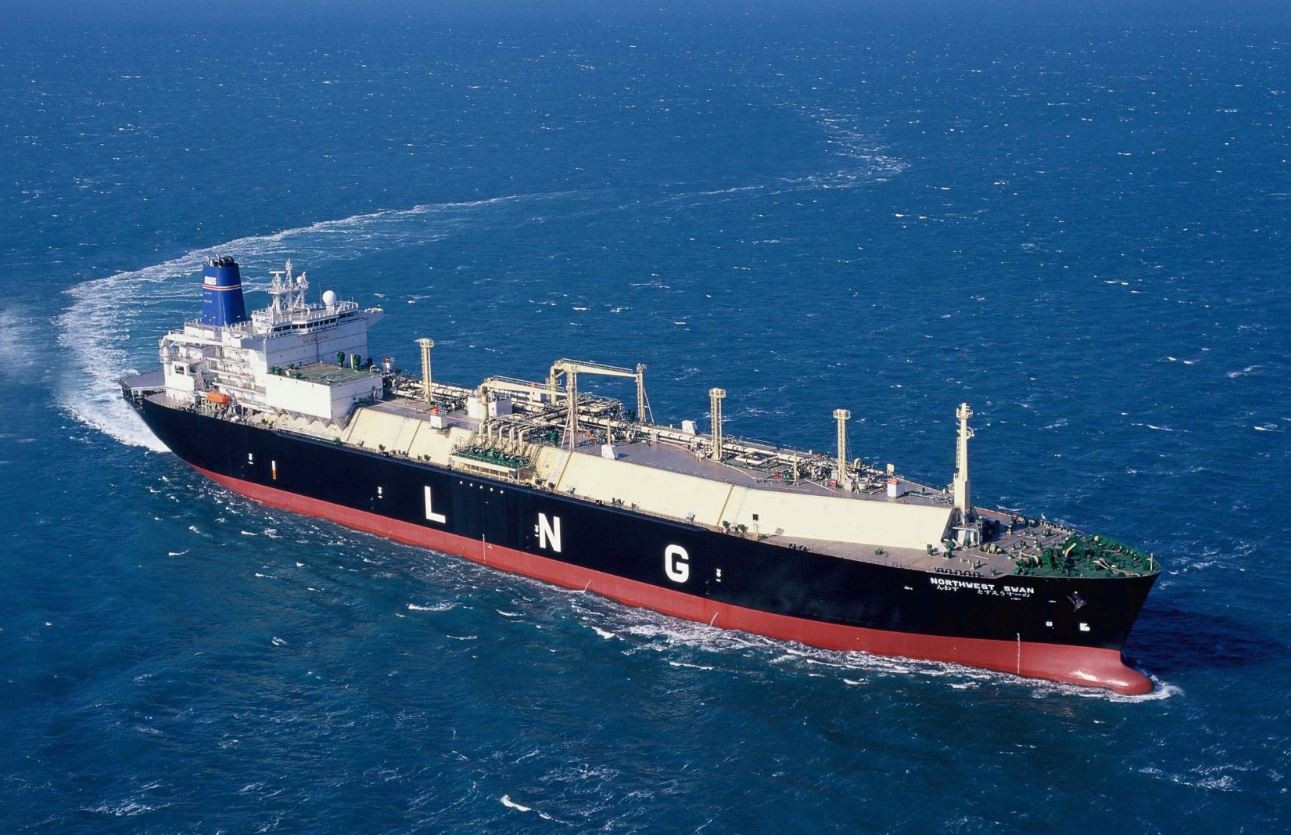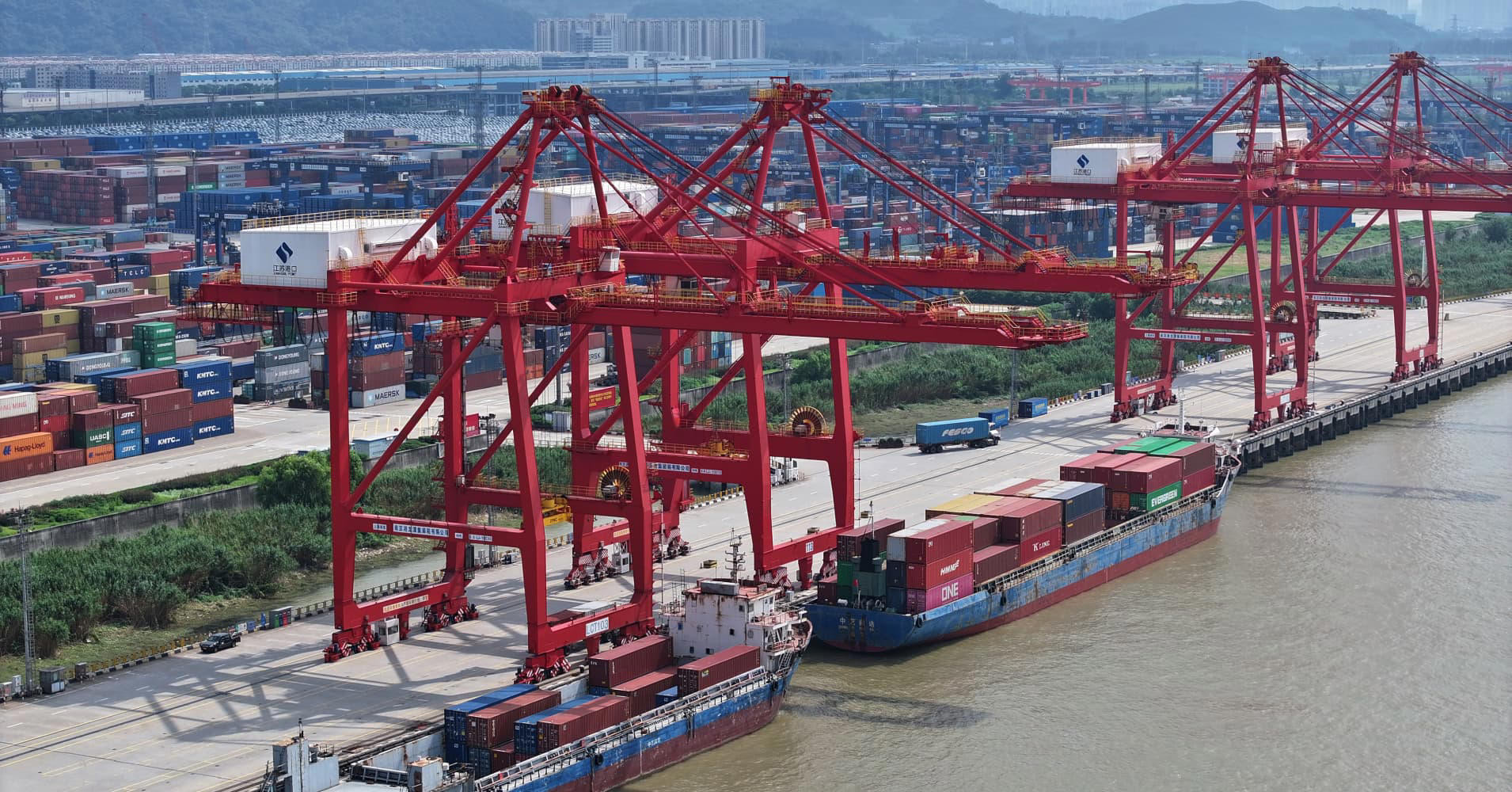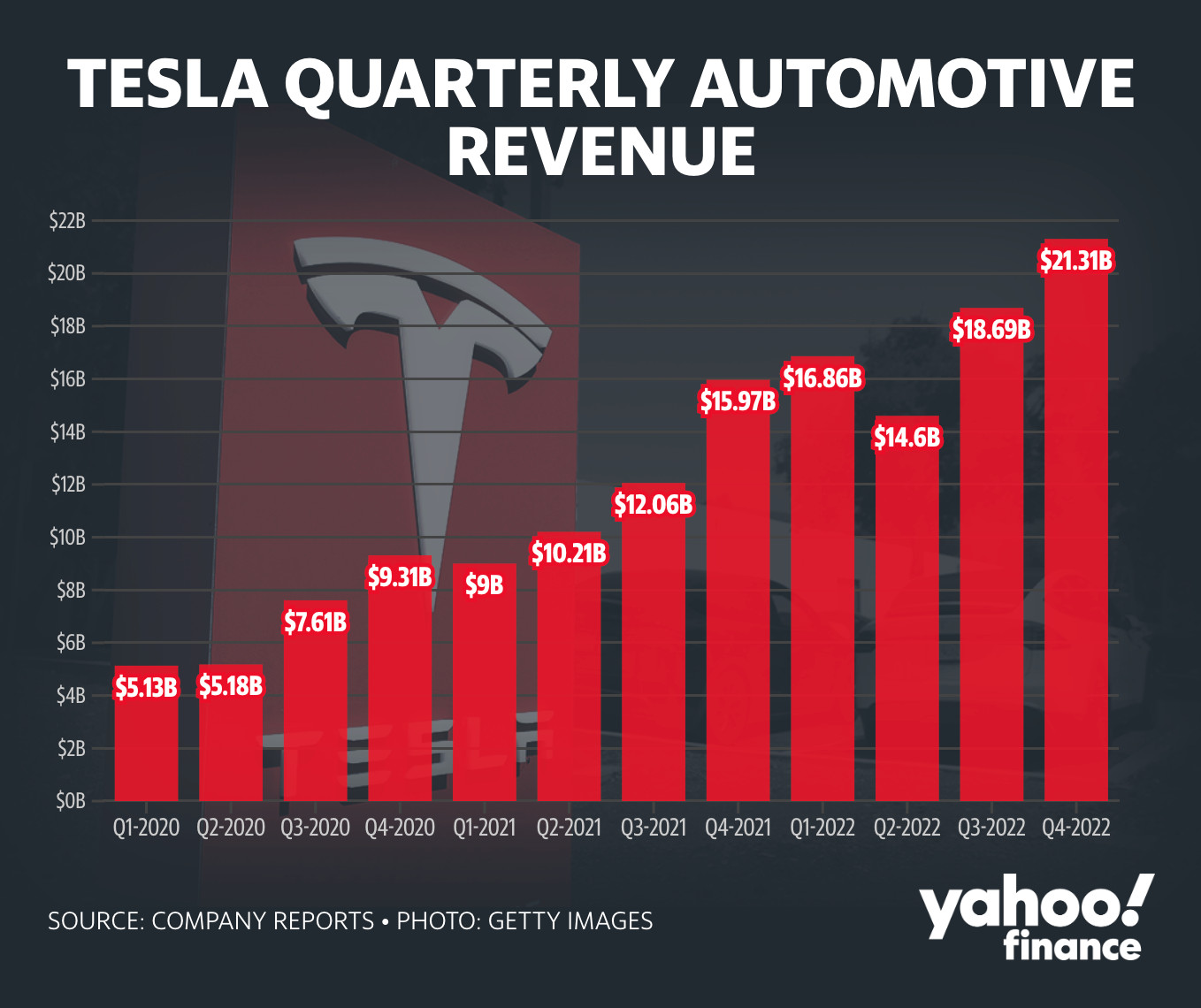The Unexpected Shift in the LNG Market
The global liquefied natural gas (LNG) market is experiencing a surprising twist. For months, the industry grappled with high shipping costs, effectively limiting the flow of LNG across vast distances. However, a recent and significant drop in global freight rates has unexpectedly opened a lucrative arbitrage opportunity between East and West. This development is sending ripples across the energy sector, presenting both challenges and opportunities for buyers and sellers alike.
Understanding East-West LNG Arbitrage
Traditionally, LNG trade has been largely regional. Asian markets, particularly those in Japan, South Korea, and China, have been major importers due to their high demand and limited domestic resources. Conversely, American and European LNG producers have often focused on supplying their nearer markets. High transportation costs effectively acted as a barrier to large-scale East-West trades.
The Role of Freight Rates
The recent decline in freight rates is the key driver of the current market shift. Factors contributing to lower shipping costs include increased vessel availability, decreased demand in specific regions, and the ongoing impact of the global economic slowdown. These factors collectively have lowered the barrier to entry for long-haul LNG shipments. As a result, previously uneconomical routes, specifically East-West trades, have suddenly become financially viable.
Implications for Global Energy Markets
This shift is significantly impacting global LNG pricing. East Asian buyers, historically reliant on expensive spot purchases due to long-term contract limitations, now have access to lower-priced LNG from the West. This increased competition is putting downward pressure on prices in East Asia, potentially easing the strain on already high energy costs for consumers in the region. For Western producers, new market access translates to increased demand and the ability to reach a wider customer base, enhancing their revenue streams and improving profitability.
Winners and Losers
While the overall impact of East-West arbitrage is positive, leading to greater market efficiency and lower prices in certain regions, it also creates winners and losers. Companies that have secured long-term contracts at higher prices might experience reduced margins. Those who are nimble and able to quickly adapt to the changing market dynamics, however, stand to gain significant benefits.
The Future of LNG Trade: Navigating Uncertainty
The future trajectory of East-West LNG arbitrage remains uncertain. While lower freight rates are currently driving the trend, there is no guarantee that these rates will remain depressed indefinitely. Geopolitical factors, future demand shifts, and changes in supply dynamics can all impact future freight costs and the viability of East-West trade. For example, sudden changes in global economic conditions might affect vessel availability, while shifting energy policies in producing or consuming countries might influence supply and demand.
Adapting to Change
The current situation highlights the fluid nature of the global LNG market. Companies need to develop flexible strategies to navigate the changing market landscape, focusing on risk management and adapting quickly to new opportunities. Monitoring freight rates, global demand patterns, and geopolitical factors will be crucial for success.
A New Era of Global Energy Dynamics
The opening up of East-West LNG arbitrage is not simply a shift in the commodity market but a potential catalyst for significant changes in global energy dynamics. It's a re-evaluation of long-held trade patterns, a reassessment of market pricing strategies, and a demonstration of how unexpected events can reshape the future of energy. This unprecedented opportunity compels both producers and consumers to rethink their approaches and adapt to the shifting sands of the global energy landscape. We may witness a continued globalisation of the LNG market, leading to greater market transparency and efficiency. This, in turn, promises a more resilient and balanced global energy system, although further analysis and observation are needed to ascertain the long-term impact of this market upheaval. Only time will tell the full story of this significant shift in the global energy marketplace.



















